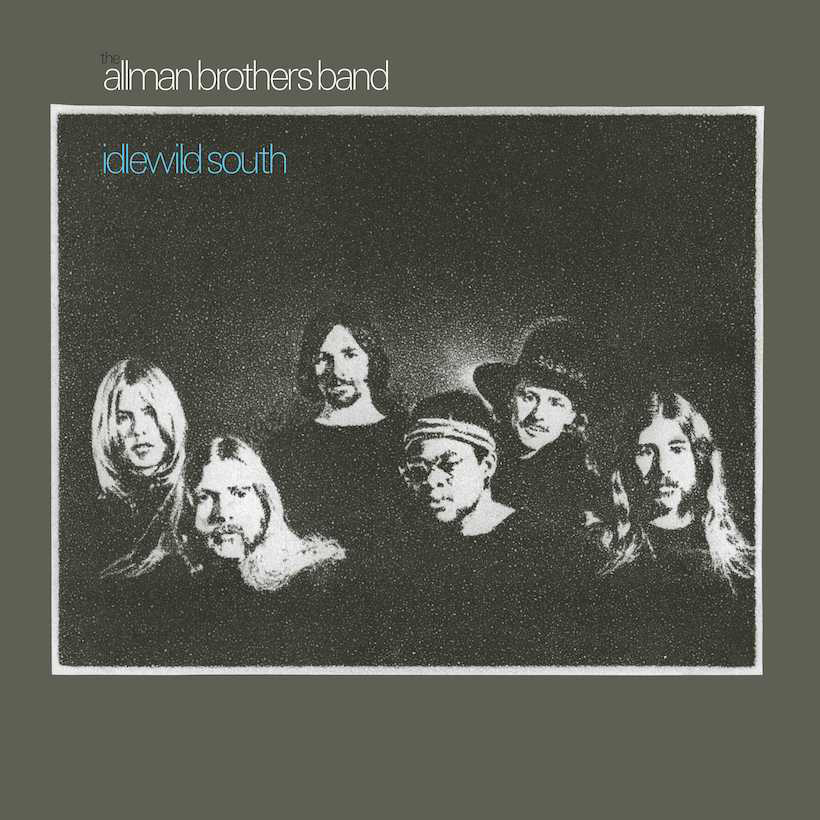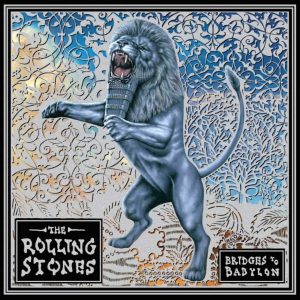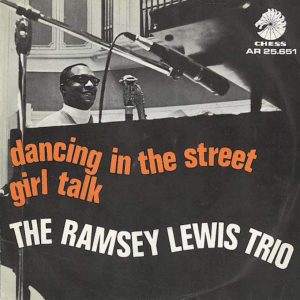The Allman Brothers’ second album, Idlewild South begins with “Revival,” a typical song that features the twin lead guitars of Duane Allman and Dickey Betts, who also wrote it. “Revival” sounds like it will be an instrumental and it’s only after a minute and a half that the vocal starts; it was originally conceived without the vocals that were only added as something of an afterthought. It’s the perfect opening for what is a much-underrated album by some.
This quintessential slice of Southern Rock was recorded, along with the rest of the album, between February and July 1970 and it came out later that same year on September 23. Recorded at Capricorn Sound Studios in Macon, Criteria Studios, Atlantic South in Miami, and Regent Sound Studios in New York City it is, along with their debut, the least well-known of the band’s studio albums, but deserves to be heard more widely.
Idlewild South had its release just after Duane had largely finished recording at Criteria with Eric Clapton, Bobby Whitlock, Carl Radle, and Jim Gordon on the album that would become Layla and Other Assorted Love Songs.
Named for a remote farmhouse/cabin the band rented for rehearsals, and where much of it was written and conceived, Idlewild South includes two of the band’s best-loved songs, “In Memory of Elizabeth Reed” and “Midnight Rider” both of which are among the Allman Brothers’ most played live numbers; Elizabeth Reed being one of the highlights of the Allman Brothers’ Fillmore album.
Such is the unique nature of what the Allman Brothers achieved on their recordings that few have been covered extensively – “Midnight Rider” is the exception. Joe Cocker had a hit with it in 1972; Gregg Allman did another version of it in 1973 on his solo album and the single made the Billboard Top 20. In 1976 a reggae version charted in Britain sung by Paul Davidson and in 1980 the godfather of Outlaw Rock, Willie Nelson made the top 10 of the Billboard Country Chart; other versions have been done by Patti Smith, Alison Krauss, Michael McDonald, Bob Seger, and Hank Williams Jr.
This was the first Allman Brothers album produced by the legendary Atlantic producer and engineer, Tom Dowd. During its recording, the band were constantly touring and their sound was road-honed, so much so that instead of doing it as a conventional multi-track recording, the band and Dowd opted to cut most of Idlewild South live in the studio, with the band performing together. According to Dowd, “The idea is that part of the thing of the Allman Brothers is the spontaneity — the elasticity. The parts and tempos vary in a way that only they are sensitive to. Duane would often make the decision to leave a song alone for more work and testing out on the road. They would record maybe five songs. Then they might say, ‘I don’t think that song was good enough,’ or, ‘I don’t think that song was ready to record.’”
Joel Dorn, best known as a jazz producer for Atlantic, cut one of the songs, “Please Call Home” and although some more songs were recorded with Dorn, this was the only one to make the record. The Gregg Allman composition, “Don’t Keep Me Wonderin,” features Duane on slide and Thom Doucette on harmonica; the latter was an old friend of bass player Berry Oakley’s from Florida.
Dickey Betts wrote the majestic “In Memory of Elizabeth Reed” about Boz Scaggs’s girlfriend, whom Dickey was also involved. According to Betts, “She was Hispanic and somewhat dark and mysterious—and she really used it to her advantage and played it to the hilt.” Betts saw a headstone with the inscription upon it at the Rose Hill Cemetery, a place frequented by band members during their early days to relax and write songs. Betts’s guitar playing on this is sublime; it’s one of the Allman Brothers’ truly monumental songs. Their reworking of Muddy Waters’ “Hoochie Coochie Man” is not so much a cover as a complete reimagining. It features Oakley’s only studio lead vocal and he and Betts had regularly performed the number in their previous band, The Second Coming.
Idlewild South came out less than a year after their debut and it sold only marginally more than its predecessor upon release, and their first album sold less than 40,000 copies. While Rolling Stone considered a big step forward from their first album and noted that it “augured well for the future” it eventually made No.38 on the Billboard charts, helped by the constant touring of the band.
Idlewild South is now available as a remastered deluxe version, which adds 12 tracks – a combination of outtakes, live and studio cuts. The additional tracks include session outtakes of “Statesboro Blues” and “One More Ride,” an alternate take of “In Memory of Elizabeth Reed,” an alternative mix of “Midnight Rider” and a mono single version of “Revival (Love Is Everywhere).” There are also nine tracks from the 1970 Live at Ludlow Garage album, remastered for the first time since 1990, including the previously unreleased song “In Memory of Elizabeth Reed” now making this concert recording complete for the first time.




